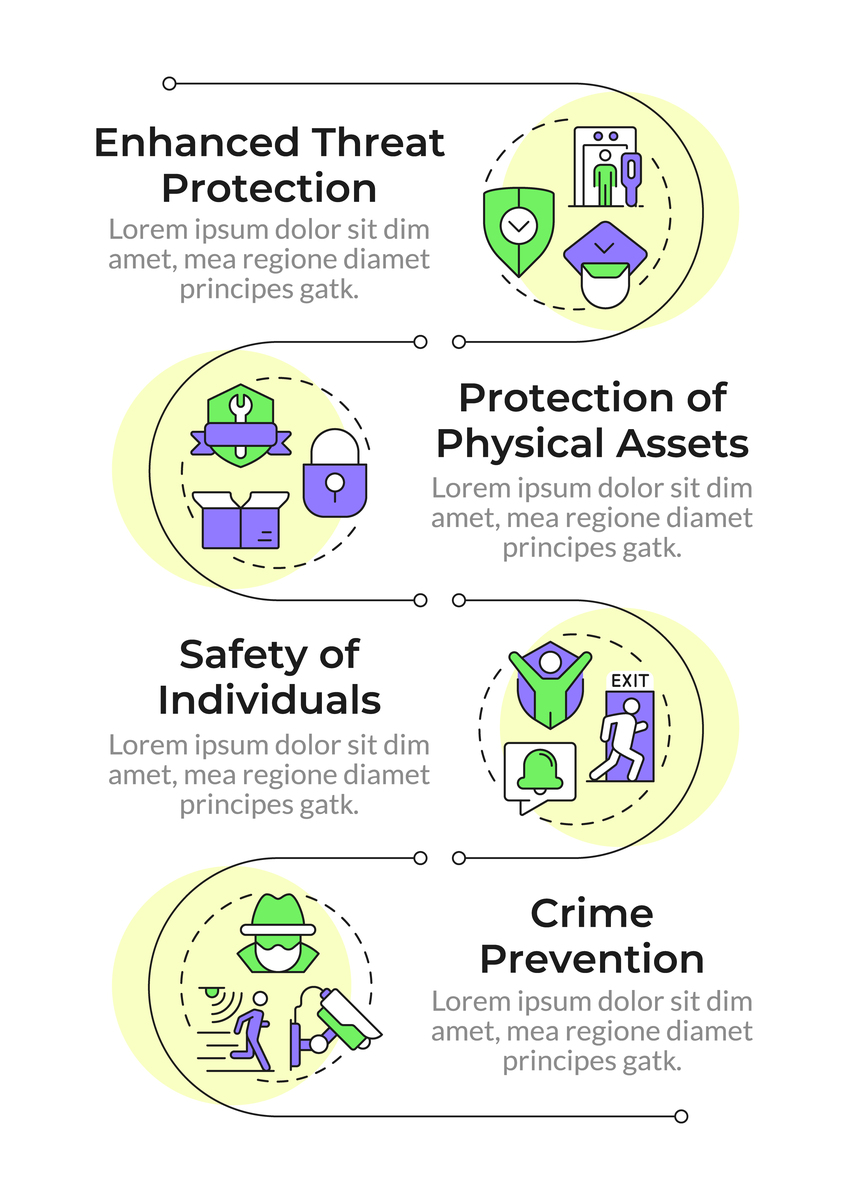Game Theory: Finding the Probability of Relatively Prime Integers
We first count the number of pairs of integers $(a,b)$ such that $2\leq a,b\leq 10$ and $\gcd(a,b)>1.$ If $a$ is even, then $b$ must be even, which gives $2\cdot 4=8$ pairs. If $a$ is odd and not prime, then $b$ must be a multiple of $a,$ which gives $3\cdot (2+4+6+8+10)=150$ pairs. If $a$ is prime, then $b$ cannot be a multiple of $a,$ which gives $4\cdot 6=24$ pairs. Thus, there are a total of $8+150+24=182$ pairs of integers $(a,b)$ with $2\leq a,b\leq 10$ and $\gcd(a,b)>1.$ The total number of possible pairs of integers is $9\cdot 9=81,$ since each integer can range from 2 to 10 inclusive. Thus, the probability that the two numbers are relatively prime is $\frac{81-182}{81}=-\frac{101}{81}.$ Since the enemy wants to minimize the probability of the two numbers being relatively prime, they will choose the number $2$ or $4$ with probability $\frac{1}{5}$ each, and choose any other composite number with probability $\frac{1}{10}$ each. The probability that the two numbers are relatively prime given that the enemy chooses $2$ or $4$ is $\frac{3}{4},$ and the probability that the two numbers are relatively prime given that the enemy chooses any other composite number is $\frac{2}{3}.$ The probability that the enemy chooses $2$ or $4$ is $\frac{2}{5},$ and the probability that the enemy chooses any other composite number is $\frac{3}{10}.$ The probability that the two numbers are relatively prime is therefore $$\frac{2}{5}\cdot\frac{3}{4}+\frac{3}{10}\cdot\frac{2}{3}+\frac{1}{5}\cdot\frac{2}{3}=\boxed{\frac{2}{3}}.$$

原文地址: https://www.cveoy.top/t/topic/nDW8 著作权归作者所有。请勿转载和采集!